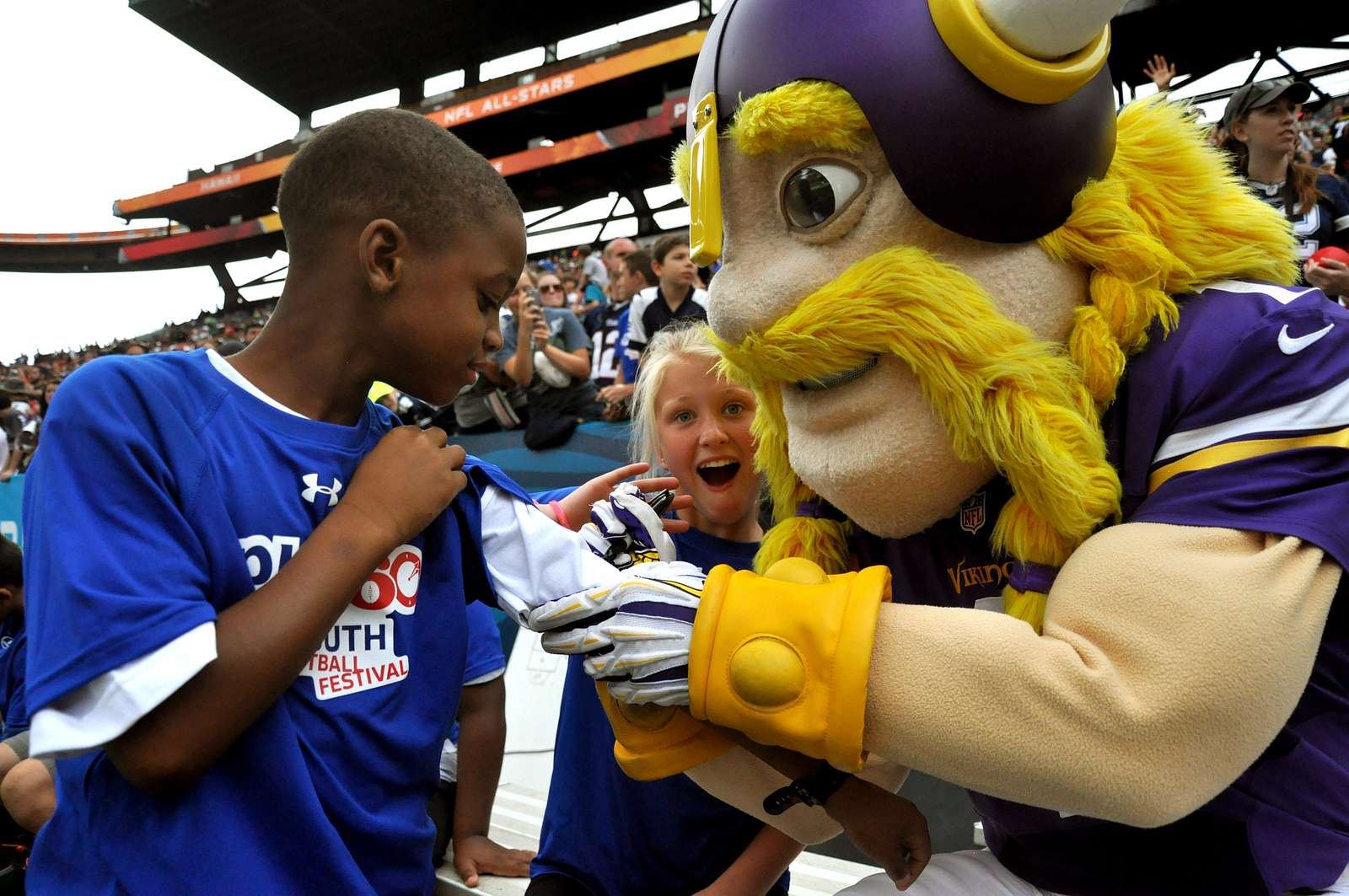By Lucy Coleman August 16, 2022
“We must have football. What would this country be without football in October?”
This was the assessment of writer Hunter. S. Thompson of American culture before he passed away in 2005.
His assessment isn’t wrong. The influence and power of football have led the NFL to touch almost every part of life from TV, politics, food, gaming, and business, down to fashion. And it isn’t stopping anytime soon.
The NFL’s effects continue growing football’s international footprint, building a new global fanbase, and inspiring athletes around the world to play football. But it took 100 years for the NFL to reach the height of popularity and expansion that it has now.
When Americans moved to the West and Baby Boomers spurred the economy, football grew with them and slowly replaced baseball which was until then regarded as America’s sport. When cities like Seattle, Nashville, Houston, and Atlanta became major urban centers, the NFL expanded to include them. And as time slowly progressed with the invention of televisions in every home, the NFL created what would eventually be the year’s biggest television event: the Super Bowl.
The NFL enjoys complete parity which contributes to its popularity and success throughout every corner of the country. Unlike most professional sports today, no matter where you live in the country, your team has an equal chance of winning the Super Bowl. This widespread popularity has led to wealth unheard of anywhere else in the sporting world. Currently, the wealthiest team in the NFL is the Dallas Cowboys which Forbes valued at $8 billion.The New England Patriots follow up closely with a net worth of over $6 billion, as of 2022.
Wealth aside, not a lot of team sports have the kind of impact on American culture as football. It was reported that the Super Bowl LVI held in 2022 averaged an audience of 112.3 million, including over 100 million television viewers and another 11 million streamers. The 2022 edition of the Super Bowl, which saw the Los Angeles Rams defeat the Cincinnati Bengals to win the Super Bowl, ranked as the most-watched TV program in five years since the 2017 edition which drew over 100 million fans.
But the NFL had humble beginnings. Here’s how it all began and slowly took over the world of sports in the United States.
HISTORY OF NFL
The National Football League (NFL) was founded in 1920 in a small town in Ohio.
Ten football teams gathered in Canton, Ohio to create the American Professional Football Association (APFA) There was a list of charter members that would select the individual who would lead the league. Jim Thorpe was selected to be the first president of the NFL from 1920 to 1921. Thorpe, an outstanding and celebrated American athlete who had won gold medals in the 1912 Olympic Games, had spent six seasons in Major League Baseball. Baseball was more of a hobby for him and football was the sport that he was the most passionate about.
Other notable founding members included George Halas, who went on to become one of the most successful coaches in NFL history, and Curly Lambeau, who would establish the Green Bay Packers as one of the league’s premier teams.
In 1922, the name of the league was changed from the American Professional Football Association to the National Football League
The league began to play in 1920 and comprised five teams from Ohio ;
- Akron Pros
- Canton Bulldogs
- Dayton Triangles
- Cleveland Tigers
- Columbus Panhandlers
Illinois produced four teams ;
- Chicago Tigers
- Decatur Staleys
- Racine Cardinals
- Rock Island Independents
Two teams came from Indiana
- Hammond Pros
- Muncie Flyers
Two teams came from New York ;
- Buffalo All-Americans
- Rochester Jeffersons
Out of all these original franchises, only two remain till the present day; the Cardinals and the Decatur Staleys who changed their name to the Bears after moving to Chicago in 1921
The NFL has evolved over the years, both in terms of rule changes and the structure of the league itself. However, the basic principles of the game, including the NFL odds & lines, remain unchanged and still provide a groundwork for the sport as we know it today
The Impact Of The American Culture On Football Equality, justice, and liberty are the principles of American culture, with star athletes being idolized by millions of Americans.
But does the NFL reflect the values the American society is built upon? The answer is yes!!
The NFL pride itself on liberty. Players and coaches are at liberty to seek their fortune. Players who’ve built a market for themselves can be paid at market value. Coaches who perform impressively can be promoted, from the lowest unpaid intern to the highest salaried. Teams that win pack the gates and sell jerseys and merchandise to fans. This cuts both ways as Coaches can be easily fired for underperformance, regardless of their track record and Players can be left by the side of the road and deemed “underwhelming” when their performance in a season doesn’t match their pay grade.
This is a very American idea.
A player’s success and failure are directly connected to his ability which can either take him from rags to riches and instant fame – or from riches and fame to rags and boos. As in the norm of American culture, the NFL tries to portray equality. The NFL pioneered the worst-to-first rookie draft to ensure that franchises struggling have exclusive rights to the best young talent out there. To ensure that all franchises have enough financial backing to compete, the NFL pioneered revenue sharing with teams accessing split ticket money and TV revenue for decades. It is however important to note that the NFL isn’t just what it is today because of the wealth and freedom enjoyed by players, coaches, executives, and franchises. Rather, it has served as a vehicle for communicating values and expresses American passion and national identity. Not to mention how the NFL serves as a social glue that bonds fans from all over the nation together.



